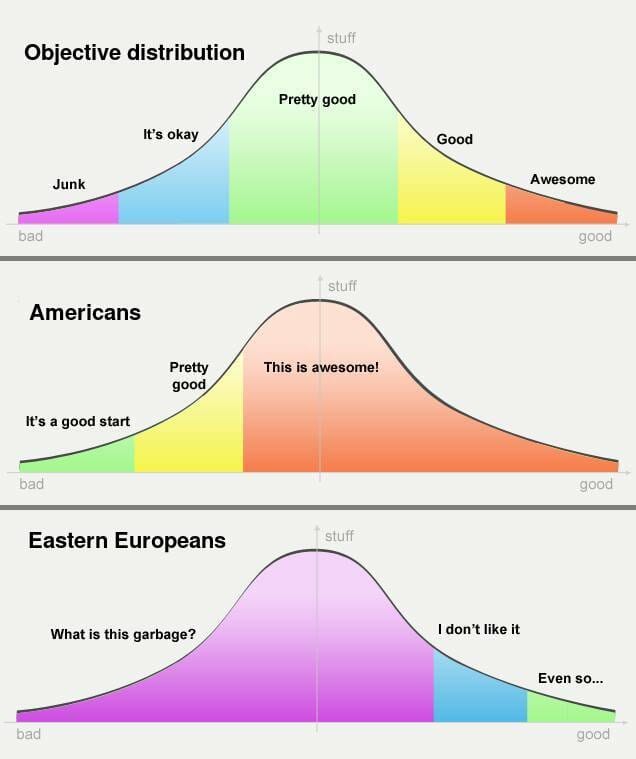Excruciating. One phrase I often use to describe what it’s like to read reference letters for Eastern European applicants to PhD and Master’s programs in Cambridge.
Even objectively outstanding students often receive dull, short, factual, almost negative-sounding reference letters. This is a result of (A) cultural differences – we are very good at sarcasm, painfully good at giving direct negative feedback, not so good at praising others and (B) the fact that reference letters play no role in Eastern Europe and most professors have never written or seen a good one before.
Poor reference letters hurt students. They give us no insight into the applicant’s true strengths, and no ammunition to support the best candidates in scholarship competitions or the admission process in general. I decided to write this guide for students so they can share it with their professors when asking for reference letters. Although reading letters from the region is what triggered me to write this, mist of this advice should be generally useful for many other people who don’t know how to write good academic reference letters.
